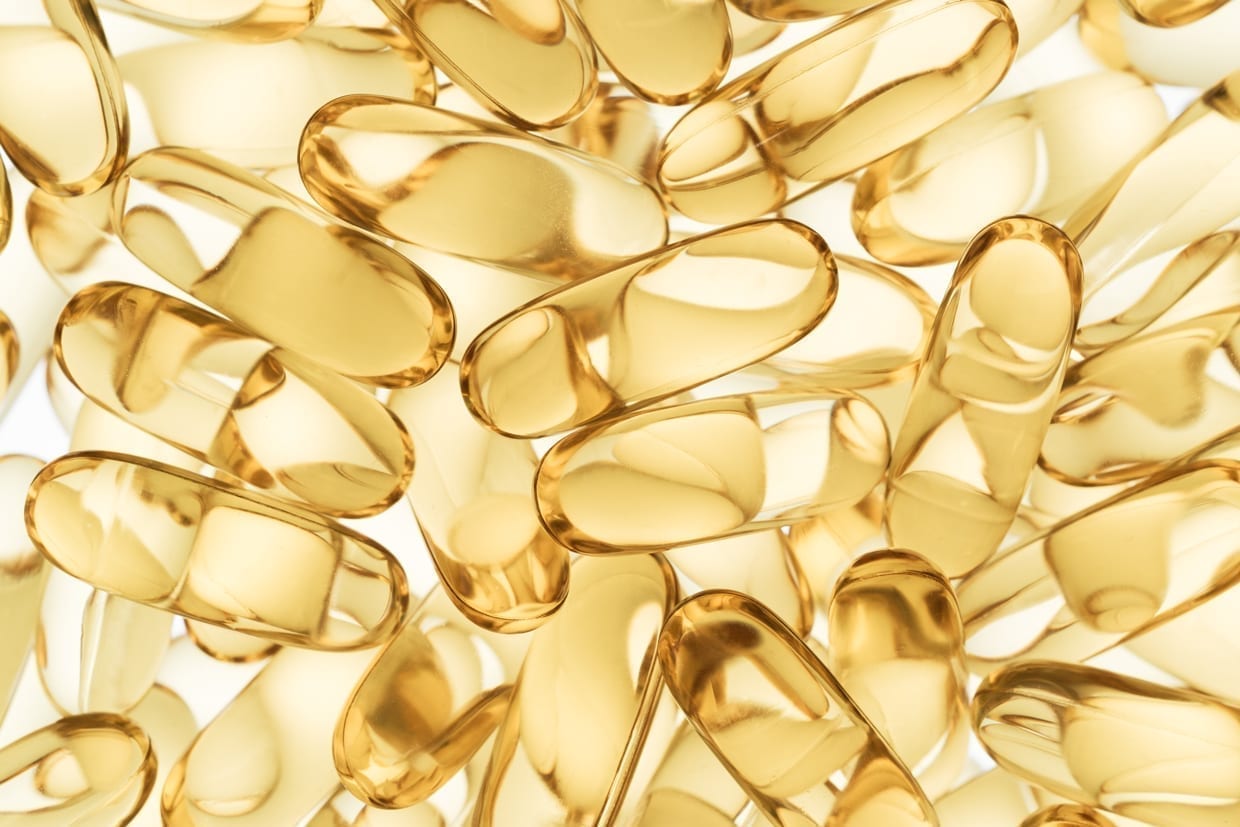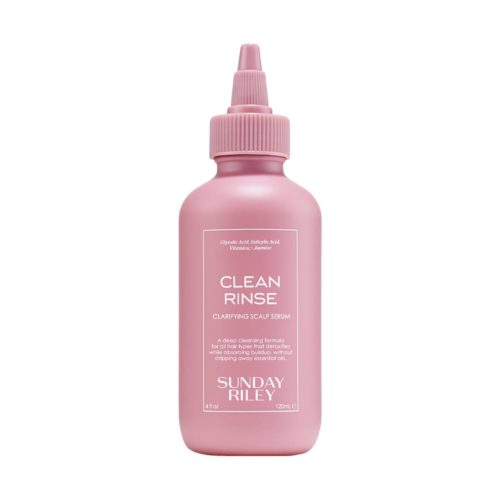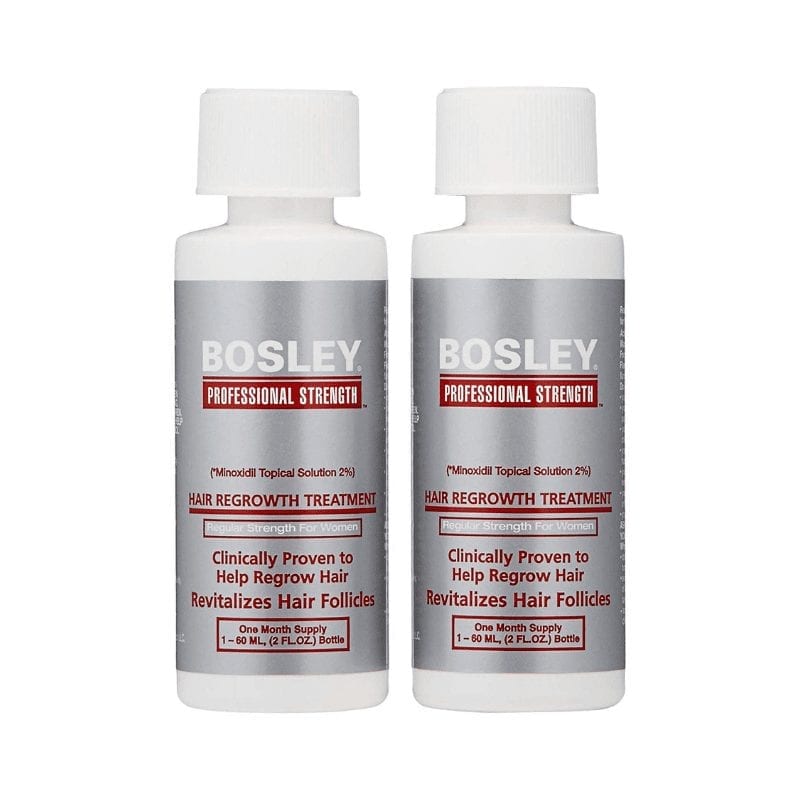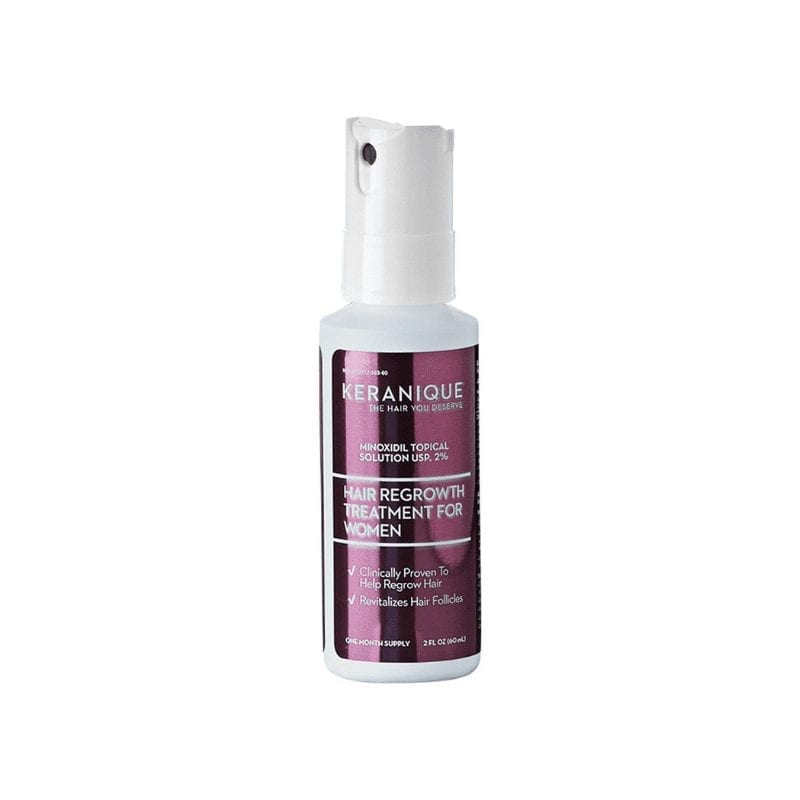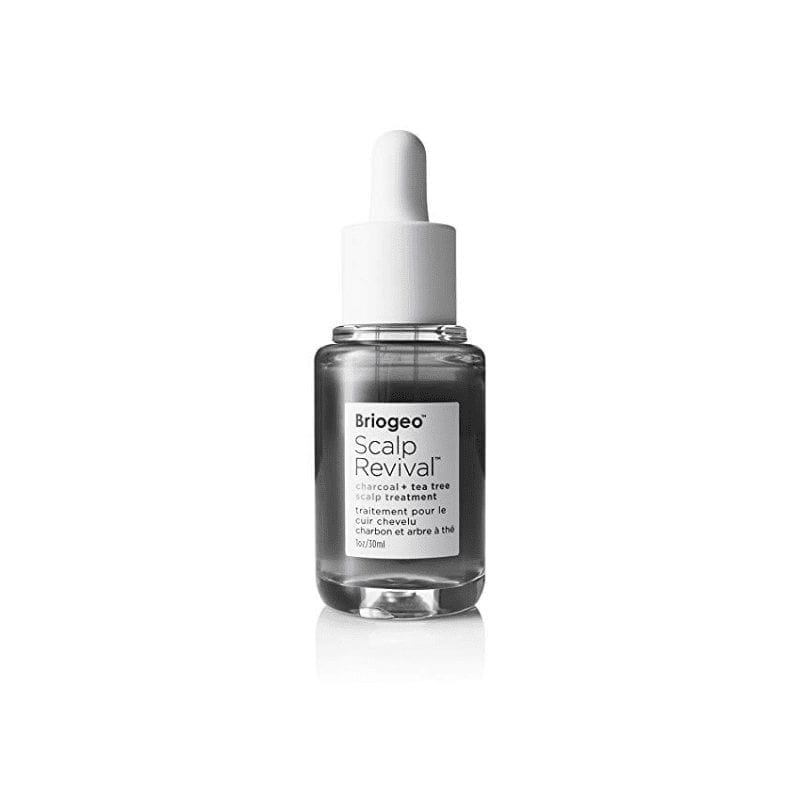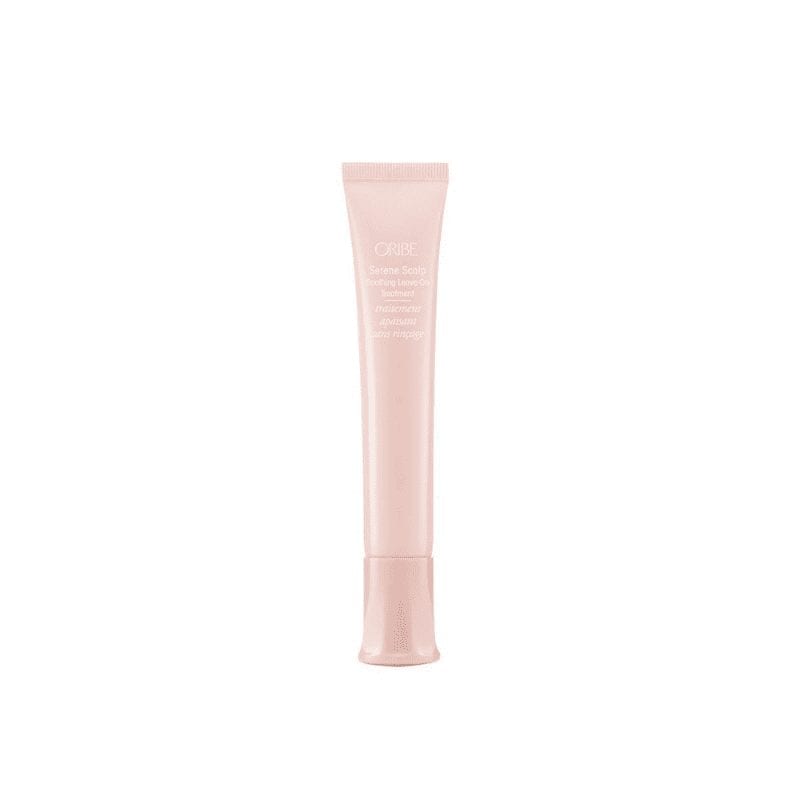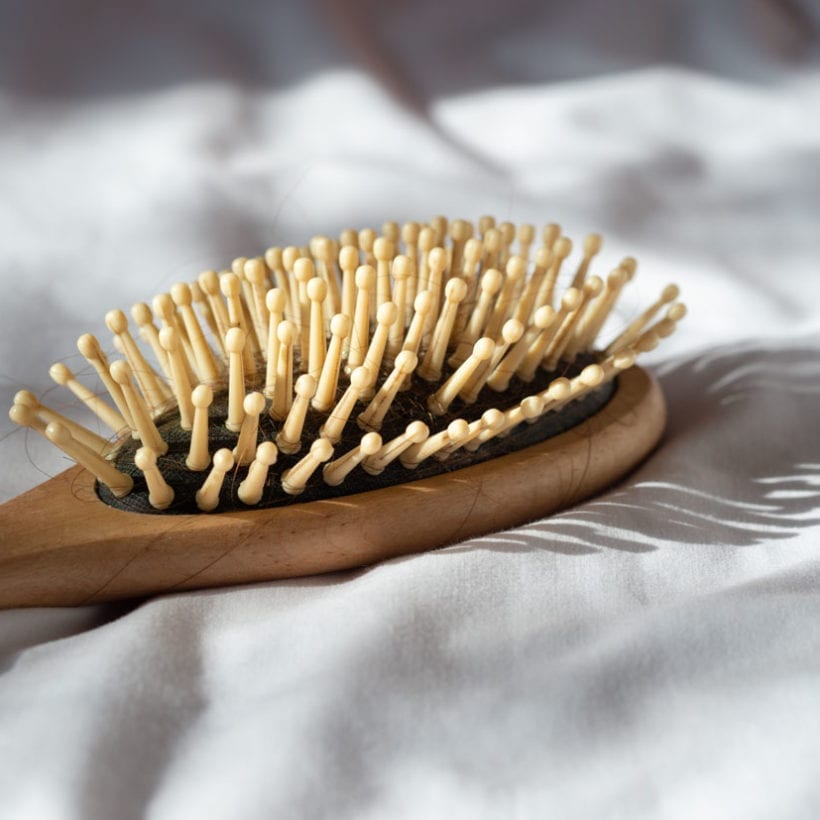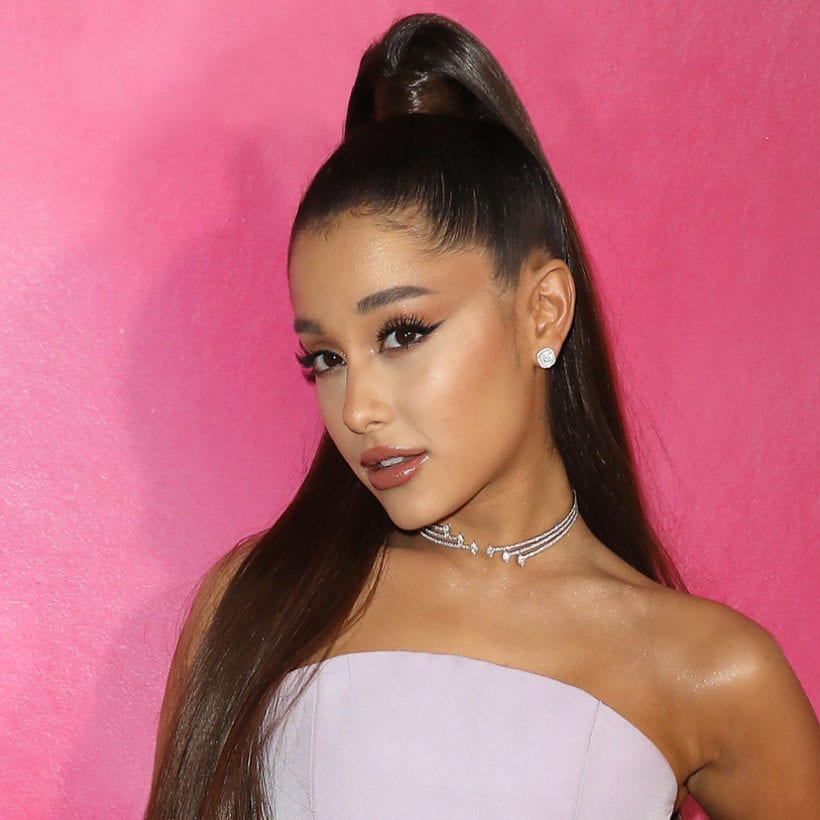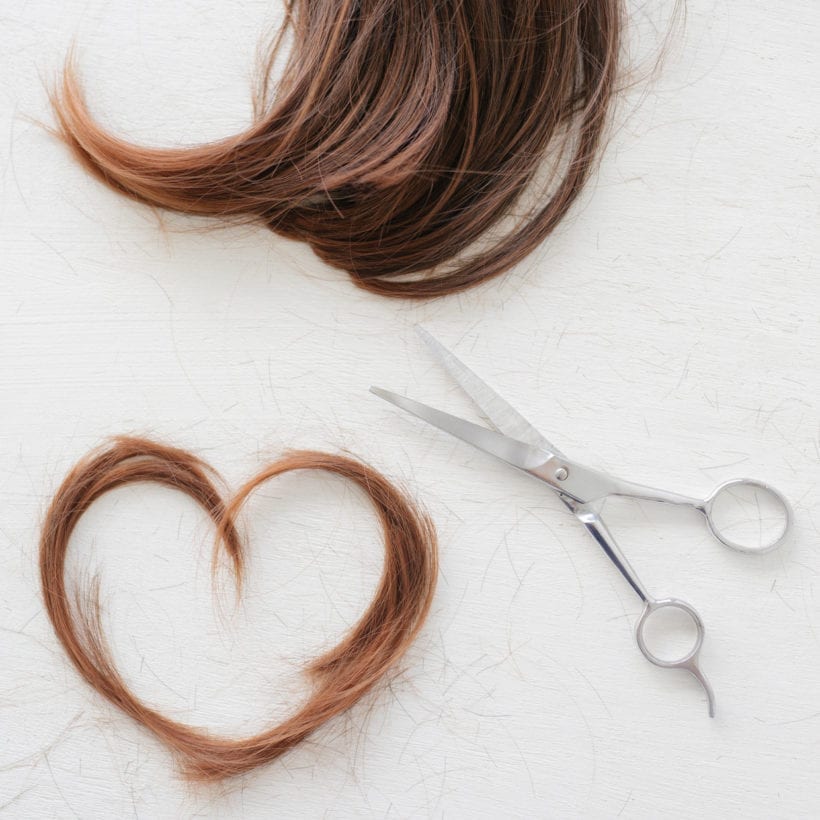Roughly 40 percent of women experience noticeable hair loss in the form of thinning, balding or receding hairlines by the time they celebrate their 40th birthday. That number increases to 50 percent by 50. It is also estimated that once women notice they have hair loss, they have already lost as much as half their normal amount of hair.
These aren’t small numbers, and yet the conversation surrounding female hair loss has reached only a quiet murmur. “Hair loss and changes in hair growth are governed by complex biology and we still don’t really understand all of the contributing factors and molecules involved,” says Dr. Dominic Burg, a trichologist and the chief scientist for Evolis Professional. “What we do know is that genetics play a role in each individual and that your hair is very sensitive to external and internal pressures. For example, when the body is under various types of stress, the hair growth process is slowed down to preserve more necessary functions, such as core metabolic functions.”
But despite the fact that greater conversations still need to be had regarding how common female hair loss is — and the emotional toll it can take on women — science has powered ahead with breakthrough hair growth boosting technologies. Several effective in-office, dermatological treatments are available, such as laser therapy, platelet-rich plasma (PRP) treatments, and surgical hair replacement. These advanced hair growth treatments are costly, though (ranging from $1000 to $10,000) and therefore not a viable option for many.
Hair growth shampoos and scalp treatments — particularly those containing scientifically-proven ingredients such as minoxidil, which is currently the only FDA-approved topical ingredient for hair growth — are a more approachable option.
But another category that has been gaining traction in the female hair loss sector is hair vitamins and supplements. In fact, we wouldn’t be surprised to hear that you have seen an influencer or two touting such products in your Instagram feed, or colorful bottles lined up at your local Sephora or Ulta. But do hair vitamins and supplements actually work?
https://www.instagram.com/p/BvjqVGmA_s5/
Long story short: the answer is a little cloudy when it comes to hair growth vitamins.
“Many of the products have some data, but because they are supplements and not drugs, [retailers] don’t have to go through the rigor of a proper FDA trial with large enough sample sizes and double-blinded, placebo-controlled studies,” says Doris Day, M.D., an NYC board-certified dermatologist who specializes in female hair loss. “Many of them do have ingredients that have independent data that show they are important for follicle function and have anti-inflammatory properties. They are not all the same, and it’s always best to ask your doctor for the best products, if any, for you.”
Burg agrees with Day, noting that if you are already very healthy and maintaining a well-balanced diet loaded with protein, iron, zinc, and vitamins B and E, you probably won’t notice much of a difference taking hair growth vitamins.
But it is a viable option for some. “For people who are on restrictive diets, battling an illness, dealing with a lot of stress, or taking specific medications, supplements can provide nutritional support for hair,” says Burg. In other words, your diet should be bolstered where possible, with hair growth vitamins and supplements being the icing on the nutritional cake. They can also serve as supplements to the in-office and over-the-counter treatments.
https://www.instagram.com/p/Bvm-boaAf23/
Also, understand that hair regrowth takes time, and that consistency is key. Day says that due to the nature of hair growth cycles, it can take anywhere from three to five months before you notice any signs of improved growth hair fiber quality. If you are dealing with a temporary increase in stress or nutritional deficiency, extended use of vitamins isn’t necessary. However, you may continue taking them just to be safe and to further bolster hair growth and strength.
Both Burg and Day agree that your first stop should be to a dermatologist to pinpoint the cause of the hair loss and come up with a treatment plan. But if you are set on trying a hair growth supplement, Day says it is imperative to look for a reputable company and to choose a product that doesn’t have a lot of additives, like:
- Nutrafol ($88 for a 30-day supply) a physician-formulated vitamin that takes a comprehensive approach at female health to address hair loss. Each pill includes an arsenal of hair regrowth ingredients, including an ancient medicinal ingredient called saw palmetto, which has been shown to help prevent testosterone from converting into a DHT, a natural hormone causes hair follicle shrinking and subsequent thinning. This ingredient is often used to address androgenetic alopecia, or male and female pattern hair loss.
- Moon Juice SuperHair™ Daily Hair Nutrition ($60 for a 30-day supply), also takes a comprehensive approach to hair loss. In addition to saw palmetto, it contains a multi-vitamin complex to help address nutritional deficiencies and an adaptogenic blend to help regulate stress hormones that may be contributing to temporary hair loss.
- Taking 2000 to 5000 mcg of biotin as a stand-alone supplement to foster hair and nail growth in cases of temporary thinning also has research to back it up.
- In general, Burg says that it is best to avoid all those enticing sugary hair loss treatments. However, if it’s the only option for you — hey, some people just don’t do pills — then it is technically better than nothing. Try Hers Multivitamin Gummies ($16 for a 30-day supply).
We only recommend products we have independently researched, tested, and loved. If you purchase a product found through our links, Sunday Edit may earn an affiliate commission.
Editor’s note: This article has been updated since its original publication in June 2019.
